At Forrester Boyd, we don’t need to tell you what services an accountancy firm offers, you already know that, but we can tell you how to get real value from your accountancy services.
If you want the traditional service, of course you can have it, but we want to offer you a fresh approach.
Business lifecycle… we understand that you’ll need different services and advice depending on what stage your business is at in its lifecycle.
Whether you’re at the start-up phase, in the growth period, established, looking to expand, in a declining market or looking to exit/sell a business, you’ll need different levels of advice and support.
Understanding where you are today will enable you to plan where you want to be in the future so we offer the right support and advice at the right time. From accountancy services to tax advice, and corporate finance, we have all the business and personal financial expertise all in one place.
Sector focus… we also have dedicated sector teams. Not only is your business individual, but so is your sector, and we get that. It’s important that we know how your business works so we can get under the skin of it from the off.
Your experience… at the end of the day, it’s all about you. Your satisfaction is our ultimate goal. We invest in and take care of our staff to ensure they take care of you. It’s just the way we do things.
Let’s talk…. a cuppa and a conversation – what’s not to like. Let us offer you a fresh perspective on your business plans and accountancy services. Let’s face it, business is all about making new contacts and learning from others so let’s talk.


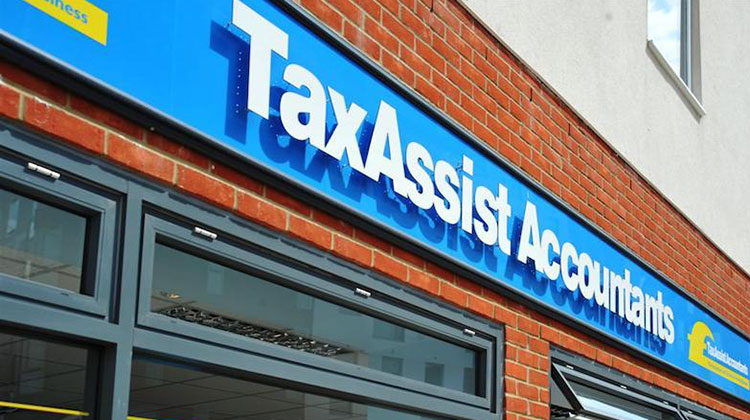



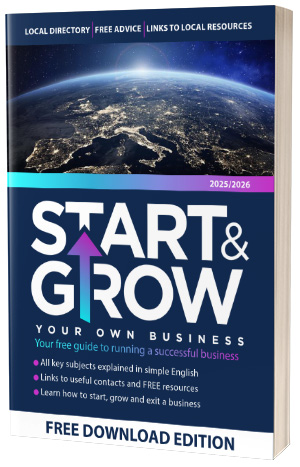

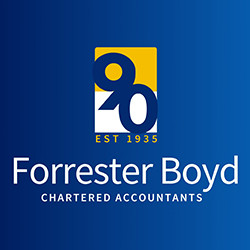


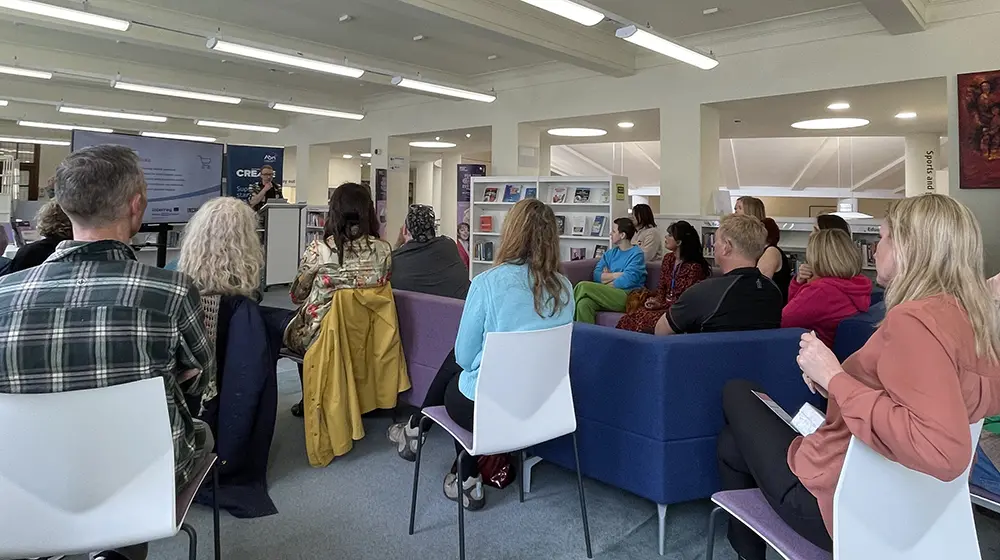 Advice & Support
Advice & Support
 Accountancy
Accountancy
 Bookkeeping
Bookkeeping
 Co-Working
Co-Working
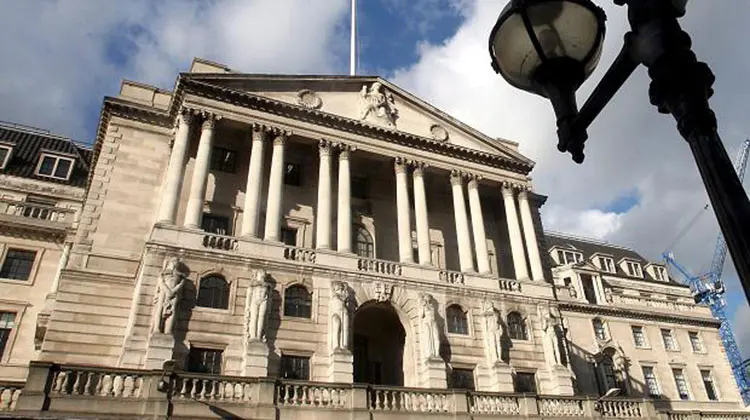 Funding
Funding
 Grants
Grants
 Mentoring
Mentoring
 Networking
Networking
 Office Services
Office Services
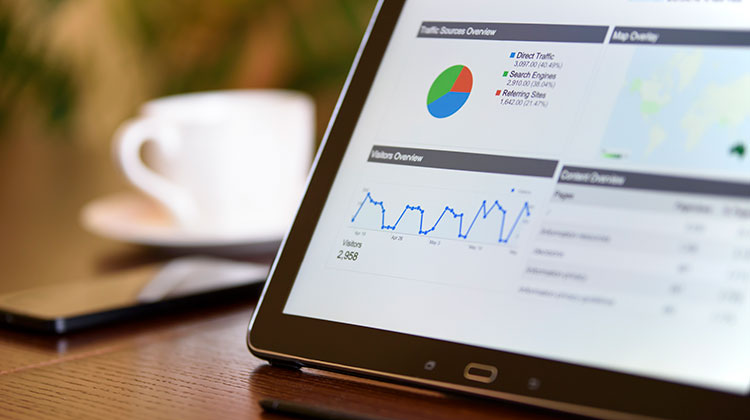 Online Marketing
Online Marketing
 Web Design
Web Design
 Workplaces
Workplaces